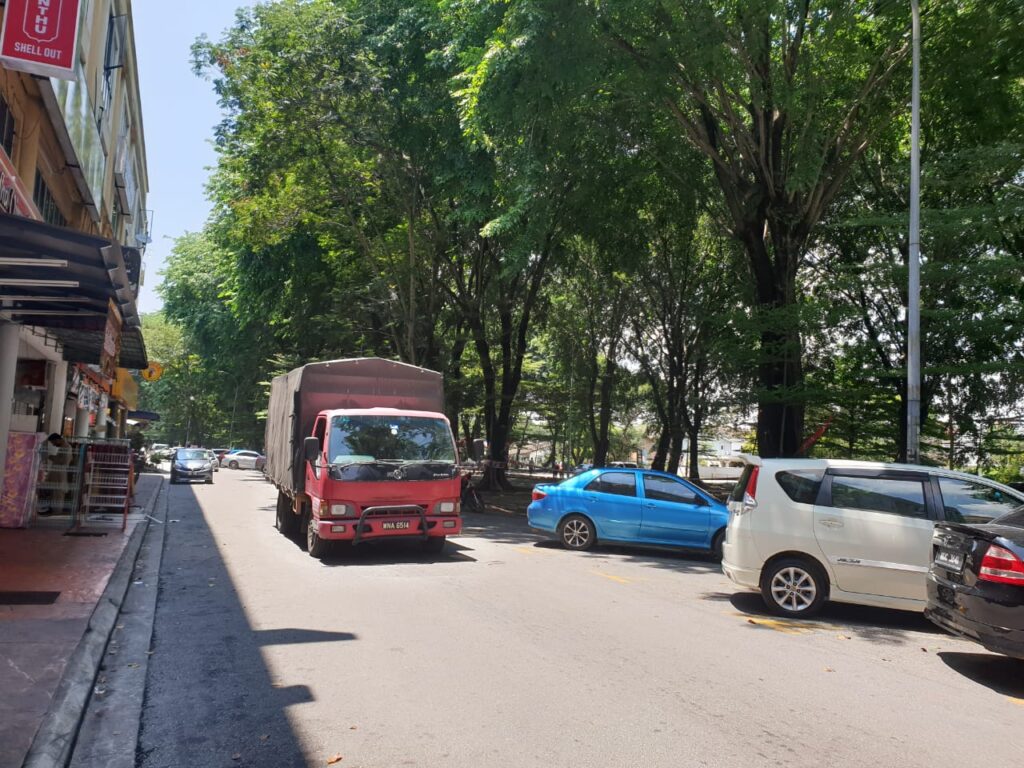
SHAH ALAM, Aug 27: The rising number of crimes involving foreign workers in the Kota Kemuning and Sri Muda residential areas has become a cause for concern, says Kota Kemuning assemblyman Preakas Sampunathan.
These crimes, specifically involving workers from Bangladesh and Myanmar, are not only a disturbance to public peace but are also compromising the quality of life and the safety of the people living in these areas, he said in a press statement issued today.
He also appealed to Home Minister, Datuk Seri Saifuddin Nasution Ismail, and related agencies under the ministry to take firm and immediate action of enforcing existing regulations applied to foreign workers.
It is important for the foreign workers to understand the existing laws and rules of the country and follow them and live in harmony with the local communities.
Apart from the crimes, there are also issues of these workers not having valid documents and cases of their premises being kept in deplorable states, he said.
Many of these premises are not kept clean, raising issues with the locals living around the areas including that of health concerns and risks.
Preakas urged the Home Ministry to introduce and enforce tighter rules to ensure that the employers of the foreign workers are fully responsible for the disturbances caused by the workers.
Employers must ensure that the workers not only have valid documents but are living in clean conditions and follow regulations related to sanitary living.
He also said legal actions should be taken against employers who fail to monitor their workers to the point that these workers pose disturbances and problems to the local community.
They must be responsible for their workers’ actions, he said, urging the ministry to tighten laws that calls on employers to be responsible and to ensure that their workers are not involved in criminal activities.
Preakas said he has received numerous complaints from residents living in the area, expressing their safety concerns.
He also suggested that awareness programmes be carried out for these workers on local culture and laws.
— WE